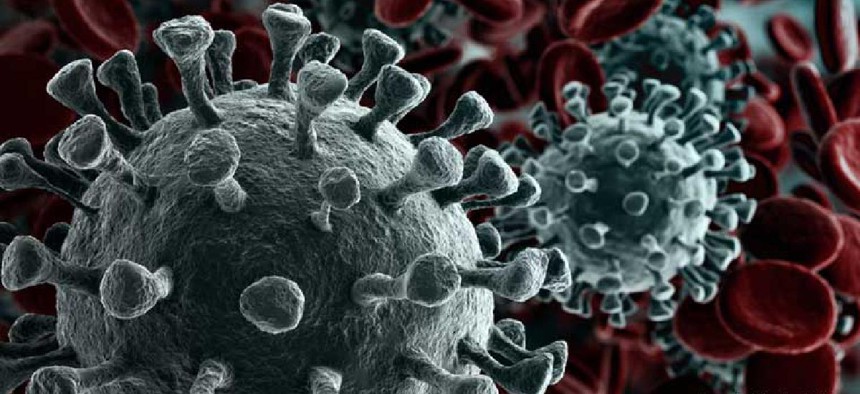NIH creates central database for COVID-19

The centralized database could provide sharper insight into coronavirus patients' needs.

The National Institute of Health launched a secure research enclave where scientists can park and mine the mountains of medical record data from people across the country diagnosed with coronavirus.
The data platform effort, said NIH in a July 15 statement is part of its National COVID Cohort Collaborative, or N3C. The central data platform will help researchers analyze a huge data mass, potentially helping to winnow patient risk factors to better understand the disease and potentially identify more effective treatments, according to NIH.
To do that work, the N3C, funded by NIH's National Center for Advancing Translational Sciences (NCATS), will create a data analytics platform capable of systematically collecting clinical, laboratory and diagnostic data from health providers nationally, according to the health agency. It will harmonize and standardize the data it gathers so it can be readily and quickly sorted and searched by researchers and health care providers to accelerate COVID-19 research and improve patient care more effectively, it said.
The huge scale of the centralized, harmonized data platform, said NIH, could unlock answers to questions that were previously unknowable because of disparate, scattered patient data. Questions it could provide keener insight into include predicting which patients are prone to kidney failure and may require dialysis, or which patients might need ventilators before the need arises, or detect different patient responses to the virus that could require different treatments.
"NCATS initially supported the development of this innovative collaborative technology platform to speed the process of understanding the course of diseases, and identifying interventions to effectively treat them," said NCATS Director Dr. Christopher Austin in the NIH statement. "This platform was deployed to stand up this important COVID-19 effort in a matter of weeks, and we anticipate that it will serve as the foundation for addressing future public health emergencies."
NEXT STORY: Quick Hits


